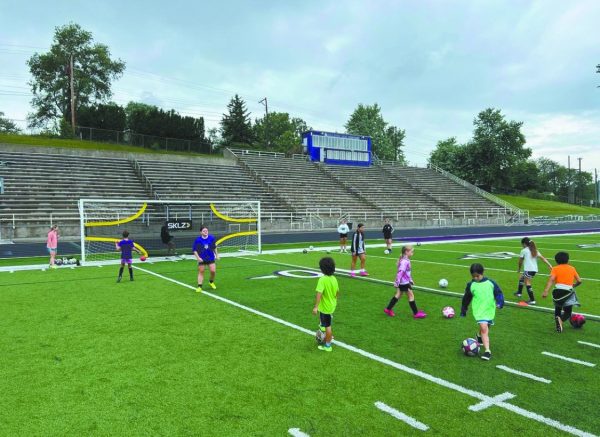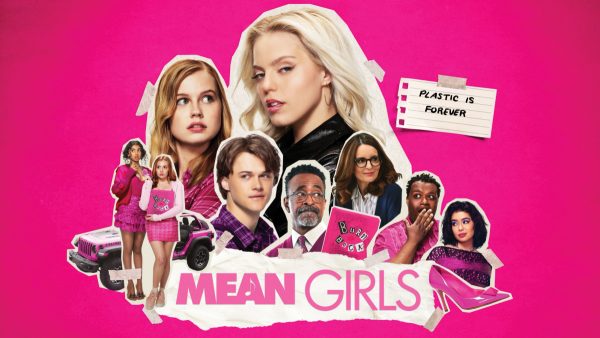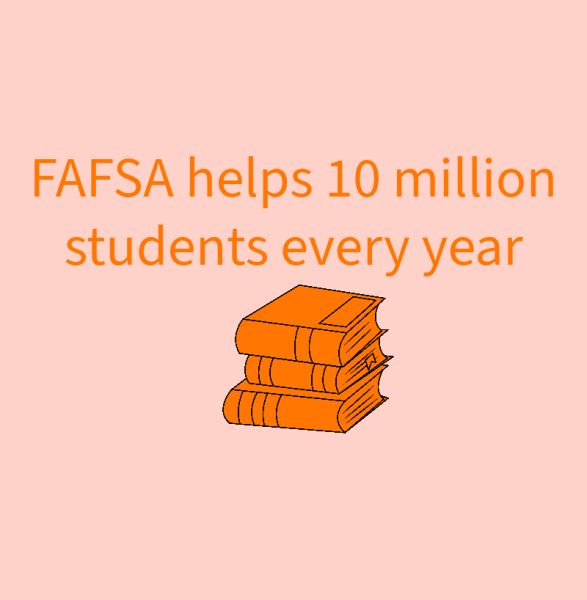Mascots with Native American imagery rebranded on national level By Elijah Bullie
May 3, 2021
Mascots with Native American imagery like the Chiefs, Indians, and Redskins are being rebranded throughout the country, setting a precedent for local Bellevue institutions to follow.
After a summer of 2020 filled with civil unrest fueled by the murdur of African Americans the question of racial equity was at the forefront of many Americans’ minds. Eyes began to turn to mascots based on imagery of indigenous Native Americans which have long been regarded as a national level symbol of racism. In early September of 2020 the former Washington Redskins announced that they would be dropping their name and adopting a new name.
[The] “shift from total resistance to grudging acceptance in just a few weeks has been remarkably swift in a league that often moves forward deliberately, if at all. But after the killing of George Floyd by police in Minneapolis in late May, much of the country has moved rapidly to confront historical representations of racist symbols.” Ken Belson and Kevin Draper of the New York Times said.
Native American activists have been pushing for a rebrand of mascots using indigenous peoples’ images for years. president of the National Coalition Against Racism in Sports and Media, David Glass, said the names like Redskin are offensive racial slurs in an interview with Indian Country News. After years of pressure, advocates are finally seeing movement fuelled by the fire of the Black Lives Matter Movement.
“The University of Oklahoma was the first school to make a change, dropping its Native mascot, “Little Red,” in 1970. A year later, the University of Nebraska at Omaha switched from the Indians to the Mavericks. In 2000, Millard South High School switched from Indians to Patriots. Two decades ago, the U.S. Commission on Civil Rights issued a statement calling for the end of Native images and team names used by non-Native schools. Maine became the first state to ban such mascots in 2019, but the Nebraska committee was told such a state mandate was politically unlikely here.” Paul Hammel of the Lincoln Journal Star said.
It’s an emotional drive that’s pushing public opinion away from Native American Mascots for non-native organization. Dr. Stephanie Fryberg, a psychology professor from the University of Michigan contends that the presence of mascots portraying indigenous images in schools causes Native American students experienced heightened levels of stress and depression, as well as open them up to discrimination at the hands of their peers.
“This day of the retirement of the r-word slur and stereotypical logo belongs to all those Native families, who bore the brunt of and carry the scars from the epithets, beatings, death threats and other emotional and physical brutalities resulting from all the ‘Native’ sports names and images that cause harm and injury to actual Native people.” Indigenous rights activist Suzan Shown Harjo said in an interview with the New York Times.
While activists push for change on a national level, students need to lead the drive locally. But with the constant turnover of students graduating, it remains a challenge to garner interest.
“Usually these conversations are squashed, but I have had students over the years who have expressed concern about it and said that it made them uncomfortable, but they were often few and far between, probably due to the demographics of our school, and because the district is not comfortable with it. I think the powers above us have made it clear that they’re not really welcome conversations. I’ve had them in my own private classroom before, but I think district wide it’s not a thing they like to talk about.” Bellevue East instructor and Diversity Club advisor Kristina Sonntag-Brown said.
In the face of naysayers,many still regard the change as inevitable. Larry Wright, chairman of the Ponca Tribe of Nebraska, told the Nebraska committee on the US Commission on Civil Rights that Native people are not “anyone’s mascot” and that by changing mascots you influence public opinion. “This is not political correctness or political correctness run amok, this is pointing out systemic racism and how it continues to be justified and condoned by allowing Native-themed mascots” Wright said.
“I don’t think that getting rid of the native mascots would destroy tradition. I think it would actually be a good step towards the future and show that Bellevue can grow as the rest of the country grows, and not be stuck in their ways.” Sonntag-Brown said.
![Ensuring safety. If given a reason, the school resource officer reserves the right to search a student’s belongings. As a safety precaution, SROs wear gloves when searching a student’s backpack. “So [for a] backpack search, if we have to do a backpack search, we have to have a few things. We have to have existent circumstances, probable cause, or we have to have reasonable articulable suspicion which we would request from the school administrator or teacher to search a backpack,” School Resource Officer Jonathan Hobbs said.](https://thechieftainspear.org/wp-content/uploads/2024/05/hobbs-photo-Medium-450x600.jpeg)











